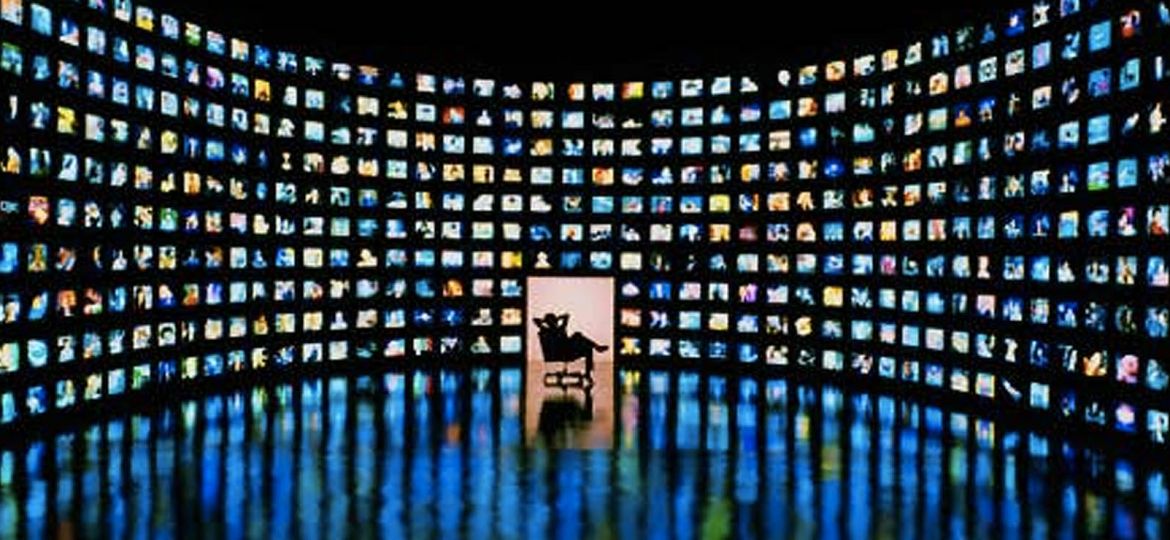
WHY THIS MATTERS IN BRIEF
- Facebooks human operators can’t police everything on the network fast enough, so Zuckerberg is prioritising artificial intelligence
In a letter published earlier this week Mark Zuckerberg announced that Facebook, the company that one day wants to be the world’s largest telepathic network, will be increasingly relying on artificial intelligence (AI) to spot and identify signs of terrorism, violence, bullying and even prevent suicide.
However, even though Facebook’s AI’s are now building more AI’s he admitted that it would take years for the necessary algorithms to be developed.
The announcement has been welcomed by an internet safety charity, which had previously been critical of the way the social network had handled posts depicting extreme violence.
In his 5,500-word letter discussing the future of Facebook, Zuckerberg said it was impossible for his staff to review the billions of posts and messages that appeared on the platform every day.
“The complexity of the issues we’ve seen has outstripped our existing processes for governing the community,” he said. For example, he highlighted the removal of videos related to the Black Lives Matter movement and the historical napalm girl photograph from Vietnam as “errors” in the existing process.
Facebook was also criticised in 2014, following reports that one of the killers of Fusilier Lee Rigby spoke online about murdering a soldier, months before the attack.
“We are researching systems that can read text and look at photos and videos to understand if anything dangerous may be happening, but this is still very early in development, but we have started to have it look at some content, and it already generates about one third of all reports to the team that reviews content,” he said, “right now, we’re starting to explore ways to use AI to tell the difference between news stories about terrorism and actual terrorist propaganda.”
Zuckerberg said his ultimate aim was to allow people to post largely whatever they liked, within the law, with algorithms detecting what had been uploaded. Users would then be able to filter their news feed to remove the types of post they did not want to see.
“Where is your line on nudity? On violence? On graphic content? On profanity? What you decide will be your personal settings,” he explained, “for those who don’t make a decision, the default will be whatever the majority of people in your region selected, like a referendum.”
A referendum type approach could be fun for the people living next to nudist beaches down in Dorset in the UK… I can see people complaining about that policy already.
“It’s worth noting that major advances in AI are required to understand text, photos and videos to judge whether they contain hate speech, graphic violence, sexually explicit content, and more,” he said.
“At our current pace of research, we hope to begin handling some of these cases in 2017, but others will not be possible for many years.”
The plan was welcomed by the Family Online Safety Institute (FOSI), a member of Facebook’s own safety advisory board. The charity had previously criticised the social network for allowing beheading videos to be seen without any warning on its site.
“This letter further demonstrates that Facebook has been responsive to concerns and is working hard to prevent and respond to abuse and inappropriate material on the platform,” said Jennifer Hanley, FOSI’s Vice President of Legal and Policy, “I also really like the ability for users to customise their own experiences with these developments. It’s important to give users power over their online experiences, and additional tools and controls will be helpful.”
While the new announcements will come as a relief to many, it’s inevitable that the move will generate even more questions about the implications of an AI overlord, which, even though it might have been programmed by humans will inevitably turn into somewhat of a black box, deciding what people can, and can’t read or watch, and who’s good and who’s bad. This is a story that will run and run.
















